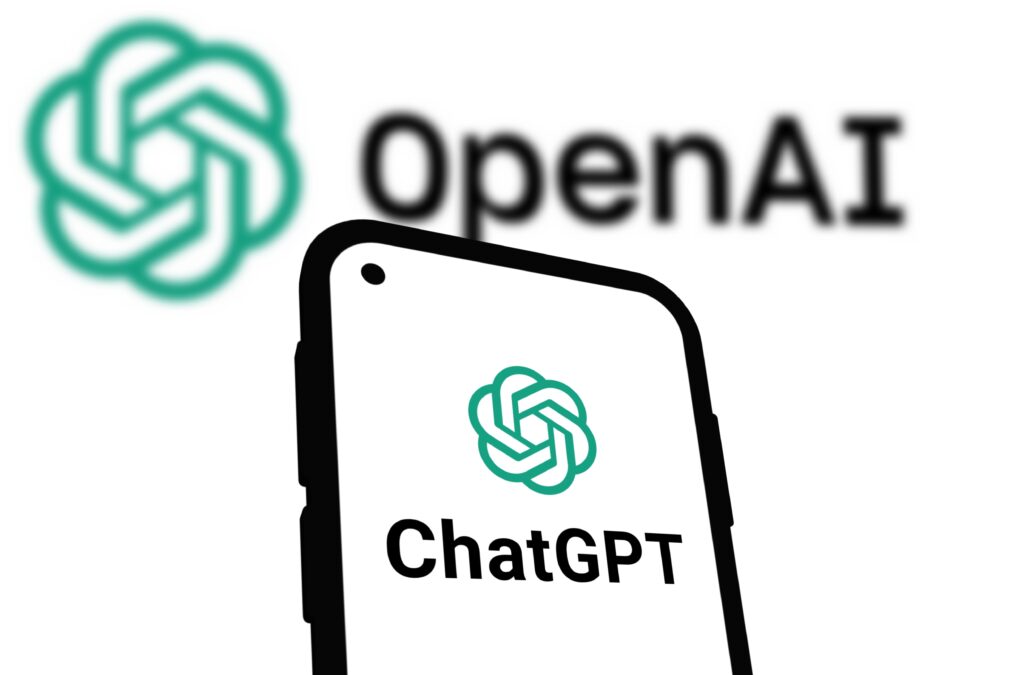A new study by Peking University has found that ChatGPT, a popular AI chatbot from OpenAI, is shifting its political stance. The study shows a noticeable rightward shift in the responses of the latest versions of ChatGPT, including GPT-3.5 and GPT-4. The findings are based on an analysis of 62 questions from the Political Compass Test. These questions were asked over 3,000 times per model to track any changes in responses.
The study, published in Humanities and Social Science Communications, reveals that while ChatGPT is still broadly seen as “libertarian-left,” it now shows a clear tendency to lean more right-wing. This shift is important because AI models like ChatGPT are becoming influential in shaping public opinion and societal values.
Why is ChatGPT Shifting Right?
This new study builds on earlier research by institutions like MIT and the Centre for Policy Studies. Previous studies found that AI models like ChatGPT were left-leaning. However, they did not examine how this bias might change over time.
The researchers in this study point to three main reasons for the shift to the right. The first reason is changes in the data used to train ChatGPT. The model learns from large datasets, and if these datasets contain more right-wing content, ChatGPT could reflect that in its responses.
The second reason is the increasing number of interactions with users. ChatGPT is designed to adapt based on user input. So, if more users ask politically charged or polarizing questions, the model might adjust its answers to reflect those shifts.
The third reason is the continuous updates to the AI model. OpenAI regularly updates ChatGPT, and these updates can change the model’s behavior. Each update may cause a subtle shift in its tone and responses.
Global events, such as the ongoing Russia-Ukraine war, could also be influencing ChatGPT’s responses. These major events often spark heated debates, and users may ask more politically divisive questions. This may lead the chatbot to provide answers that are more aligned with current political trends, pushing it further toward the right.
The Risks of Political Bias in AI
The study raises concerns about the impact of biased AI models on society. The researchers warn that unchecked AI tools like ChatGPT could spread biased information and increase political polarization. One of the main risks is the creation of “echo chambers.” In these echo chambers, users’ existing beliefs are reinforced over and over again, without challenge. This can deepen divisions between different political groups.
AI models like ChatGPT are increasingly used in public discourse. They are becoming a key tool for people seeking information, opinions, and even advice. If these models become biased, they could influence public opinion in ways that are harmful. For example, users could become more extreme in their beliefs if they only hear responses that match their views.
The study stresses the need for greater oversight of AI systems. Regular audits and transparency reports can help ensure that the AI remains neutral. The researchers call for clear guidelines that can prevent these models from inadvertently spreading biased or harmful information.
Calls for Transparency and Accountability
To reduce the risk of bias, the study suggests that AI companies like OpenAI should be more transparent about how their models work. Regular audits would ensure that AI systems are not favoring one political stance over another. This transparency would help build trust in AI technologies and prevent them from becoming tools of polarization.
The study also calls for the development of ethical guidelines for AI models. These guidelines would set standards for fairness and neutrality. By following these rules, AI developers can make sure that their models do not contribute to societal divisions.
The authors of the study argue that consistency is key. They believe that regular evaluations of AI models will ensure they do not become more biased over time. Clear guidelines and accountability will help ensure that AI remains a useful and neutral tool for everyone.
ChatGPT’s rightward shift, as revealed by this study, is a clear signal that AI models can change over time. As these tools become more influential, it’s important to keep track of how their responses evolve. Without oversight, AI models could unintentionally contribute to greater political polarization.
To prevent this, regular audits, transparency, and clear ethical guidelines are essential. These measures will help ensure that AI remains unbiased and serves the public fairly. It is crucial to make sure that AI tech do not deepen existing political divides.
As ChatGPT and similar AI models continue to shape public discourse, understanding how they work and how they evolve is more important than ever. By ensuring these models stay neutral, we can help build a more informed, fair, and united society.
For more on this study and its findings, visit Euro News 24.
